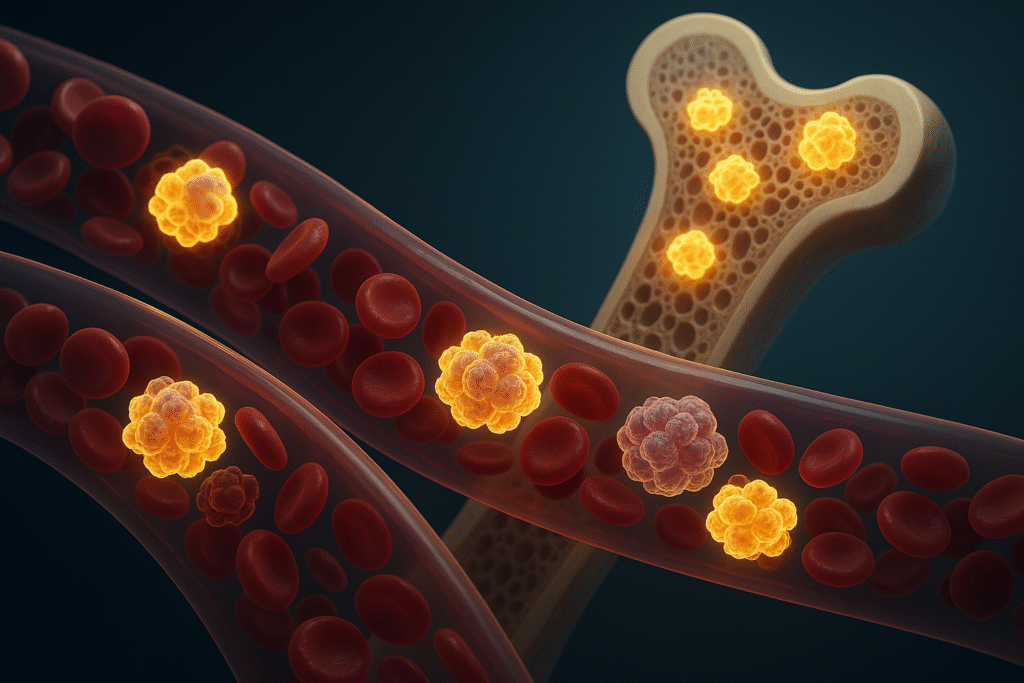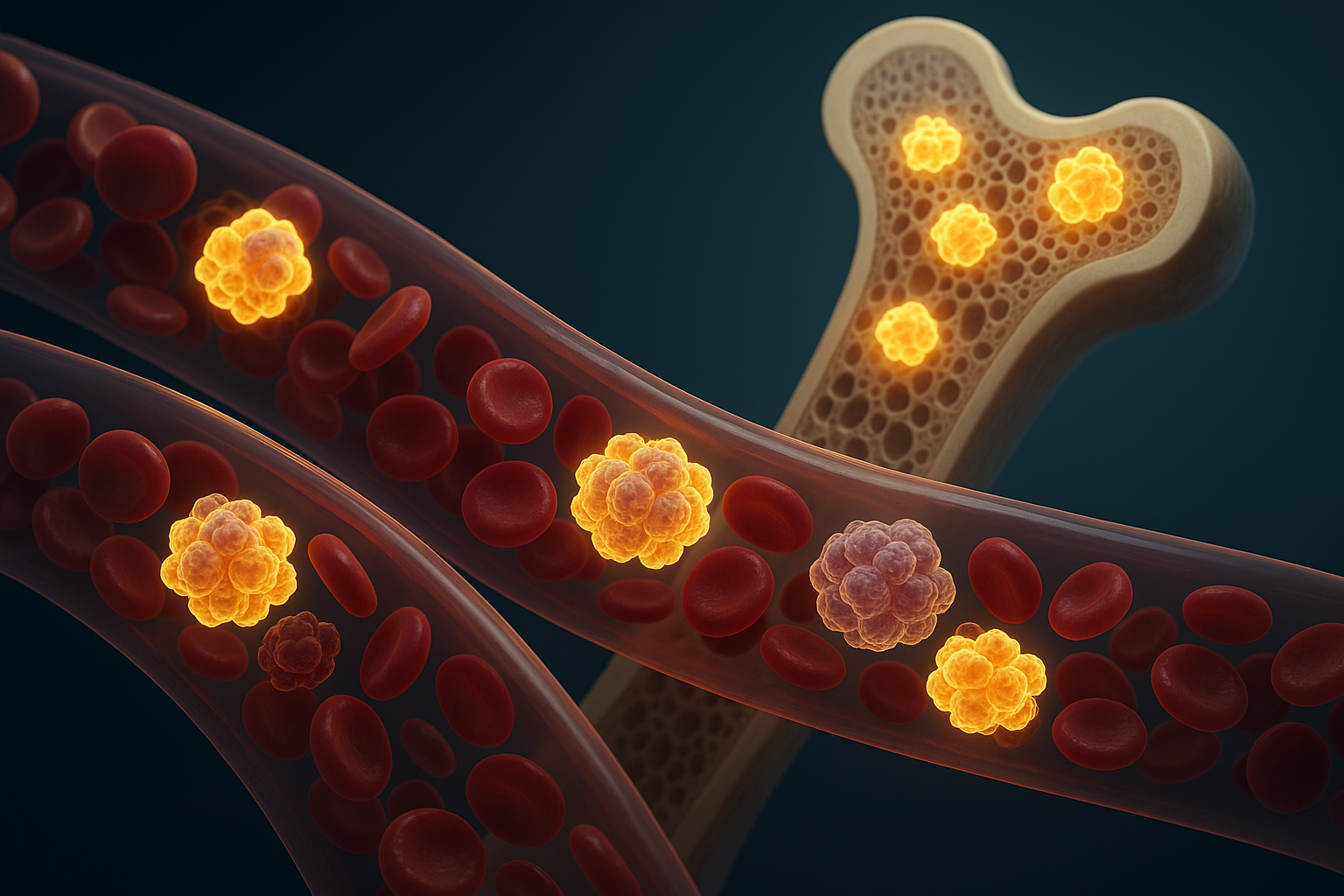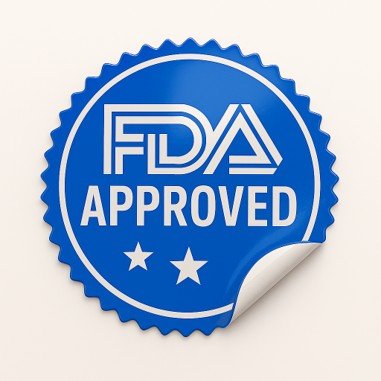

Long-term FELIX study results demonstrate that obe-cel CAR T-cell therapy achieves sustained remissions in relapsed/refractory B-cell ALL patients, with 54.1% remaining in remission at 2 years and 46.0% overall survival at 2 years. Earlier treatment lines and Philadelphia chromosome-positive disease correlate with improved outcomes.

Study Design & Population
- Phase 1b/2 FELIX study with 3-year median follow-up (additional 11.3 months from previous data cut)
- Patients with relapsed/refractory B-cell acute lymphoblastic leukemia (ALL)
- 78% of patients achieved initial remission after obe-cel treatment
- 40% of responders remained in remission without consolidative stem cell transplantation at 21.5 months
Key Findings
- Probability of remaining in remission at 2 years: 54.1%
- 2-year overall survival: 46.0%
- 2-year event-free survival: >45%
- Safety profile: No new safety signals, 4 new infections and 2 new malignancies (none related to obe-cel)
- No additional cytokine release syndrome or immune effector cell-associated neurotoxicity syndrome reported
Clinical Implications
- Philadelphia chromosome-positive disease associated with higher remission rates
- Earlier lines of therapy (second-line, potentially first-line) may optimize outcomes
- Low tumor burden at lymphodepletion and ongoing CAR T-cell persistence independently predict long-term remission and survival
- Results suggest subset of patients may not require further therapy post-obe-cel
Limitations
- Independent validation required to confirm sustained remission rates
- Longer follow-up needed to establish definitive durability of responses
- Analysis requires further investigation of predictive factors for optimal patient selection




